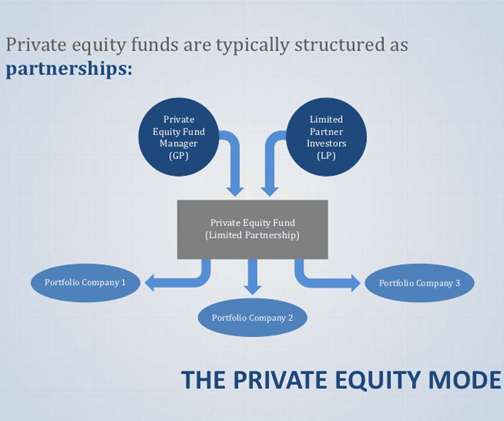Revenue-Based Investing: A New Option for Founders who Care About Control
David Teten
AUGUST 19, 2019
Does the traditional VC financing model make sense for all companies? I’ve been a traditional equity VC for 8 years, and I’m now researching new business models in venture capital. 2018 also had the fewest number of angel-led financing rounds since before 2010. Absolutely not.





















Let's personalize your content